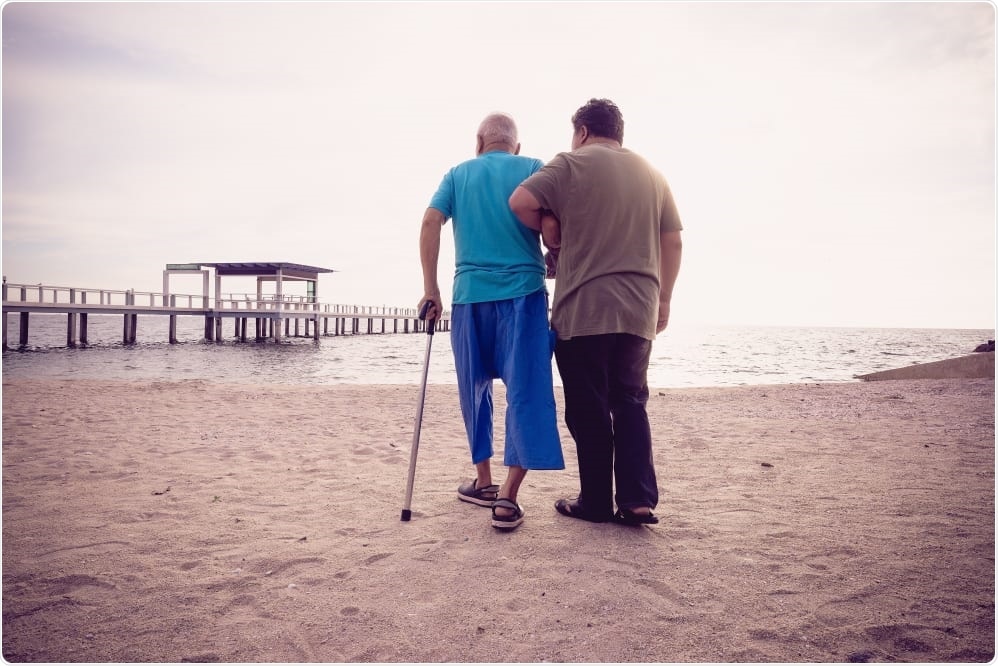A revolutionary approach to targeting and treating walking problems in people with Parkinson’s disease is being developed at Northumbria University, Newcastle.

Problems, such as slow and short steps, are very common in Parkinson’s disease and lead to increased risks of falling, as well as reduced mobility and quality of life. However, there is no medication that can completely restore walking ability in people with Parkinson’s, therefore physiotherapy is required to intervene.
Dr Sam Stuart, a senior researcher in the Department of Sport, Exercise and Rehabilitation at Northumbria University, acknowledges that while existing physiotherapy strategies do help improve walking among Parkinson’s patients, research needs to establish why these therapies work because not all patients are benefiting from this ‘one-size-fits-all’ approach.
His study, funded by a prestigious Clinical Research Award from the Parkinson’s Foundation, will use state-of-the-art digital technology to measure walking and brain activity changes among patients when they are given various internal and external prompts.
Numerous physiotherapy strategies have been used, such as stepping over lines on the floor or stepping in time to a metronome beat, to improve walking in Parkinson’s. However, these interventions haven’t changed in decades and we don’t know why walking improves with these physiotherapy techniques. This has led to not all patients benefiting and only short-term walking improvements being seen. It is unclear if these strategies are effective with the progression of Parkinson’s disease, and we don’t know which type of strategy is most effective at different stages of the disease or with more severe walking impairment, such as freezing, which is the inability to keep walking for short periods despite wanting to do so. By activating specific brain regions, and analyzing brain activity in response to these physiotherapy strategies using the latest digital technology, our aim in this study is to see a change in patients’ response at different stages of Parkinson’s disease.”
Dr Sam Stuart, Senior researcher in the Department of Sport, Exercise and Rehabilitation, Northumbria University
Parkinson’s is the largest growing neurological disorder in the world, with one in 37 people at risk of developing the disease in their lifetime.
Being able to use specific brain regions to pay attention to different physiotherapy strategies has often been suggested to be the reason why people with Parkinson’s can overcome their walking problems, but this has never been tested.
According to Dr Stuart, finally understanding the reasons why people benefit from these physiotherapy strategies and who benefits most from specific interventions, will enable healthcare professionals to provide more timely and efficient treatment for people with Parkinson’s.
The physiotherapy strategies we currently provide for patients with Parkinson’s don’t work for everybody. It’s a bit trial and error so we need more targeted and personalized interventions if we’re going to see a real improvement in walking ability among patients. By developing a better understanding of why these strategies work, we can also develop more effective interventions in the future to further improve walking.”
Dr Sam Stuart